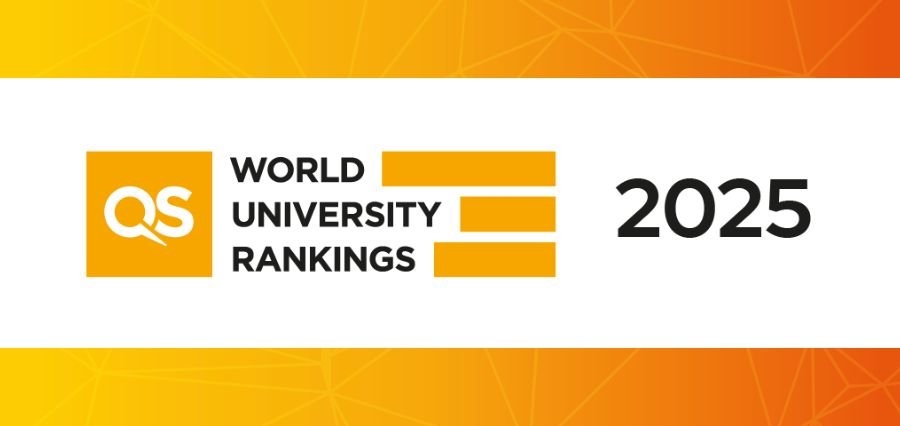Prime Highlights
- A record number of 54 Indian universities are now a part of the QS World University Rankings 2026, from just 11 in 2014.
- India is ranked 4th place globally in representation after the US, UK, and China individually.
Key Facts
- IIT Delhi has achieved its highest ever global ranking in joint 123rd position based on employer reputation and citations.
- Eight Indian institutions are new entries on the list ranking higher than any other nation in this edition.
Key Background
In a record-breaking coup for Indian global academic reputation, the QS World University Rankings 2026 has listed 54 Indian universities, an all-time high for India. This is a mind-boggling jump from a paltry 11 universities in 2014, a stratospheric 390% in a decade. With this coup, India has moved into the fourth best-represented nation in the world, leaving Australia and Germany behind.
IIT Delhi advances India to a co-123rd, its career rank peak. The gain comes primarily due to improved performance in key indicators such as employer reputation (placed among the top 50 globally), citations per faculty, and academic reputation. IIT Madras climbed 47 ranks to rank 180, while IIT Bombay continued to rank among the top 150 globally.
India’s number-one positions on the lists also indicate higher research impact and improved global reputation. Five Indian universities are included now among the world’s top 100 employer reputation, and eight were among the top 100 employer reputation for citation per faculty. The indicators demonstrate the country’s growing engagement in global research scholarship and creativity. Notwithstanding that, there are concerns on the student-teacher ratio and international student diversity since Indian universities remain short of reaching international standards.
The accomplishment has been greeted by Prime Minister Narendra Modi and Education Minister Dharmendra Pradhan as the culmination of India’s higher education revolutionary phase. Policies such as the National Education Policy (NEP) 2020, research investments, and programs such as the Institutes of Eminence program have been the push factor for the achievement. Reforms are intended to place Indian institutions on par with global standards and establish a system of education of the future.
Read Also : Andhra Pradesh Teams Up with NVIDIA to Launch India’s first AI University in Amaravati





